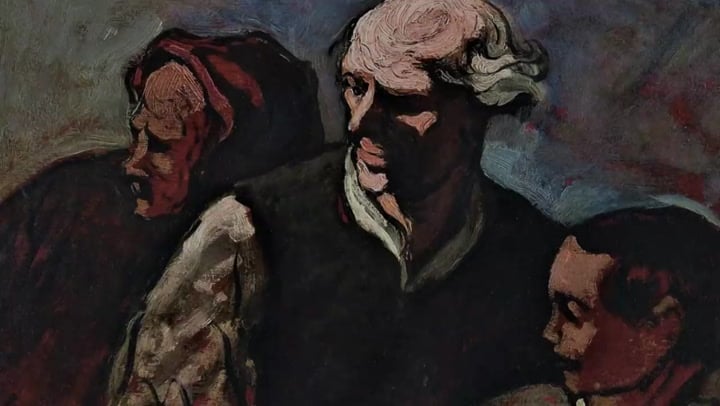For most people today the reader of poetry is a quaint and obscure character, like a collector of antique dolls or stamps. The reader of poetry is looked upon as someone absorbed in a personal and sentimental interest with almost no cultural or political significance. Literary theory (i.e. critical theories) are enjoying a cultural and political ascendency, but poetry itself is almost entirely peripheral to twenty-first century life. This is because poetry, and literature more broadly, has been desperately misunderstood and then (inevitably) shuffled to the sidelines of our lives both individually and collectively; we’ve lost our capacity to read literature rightly and so we’ve lost sight of its value.
Login to read more
Sign in or create a free account to access Subscriber-only content.
Topics:
